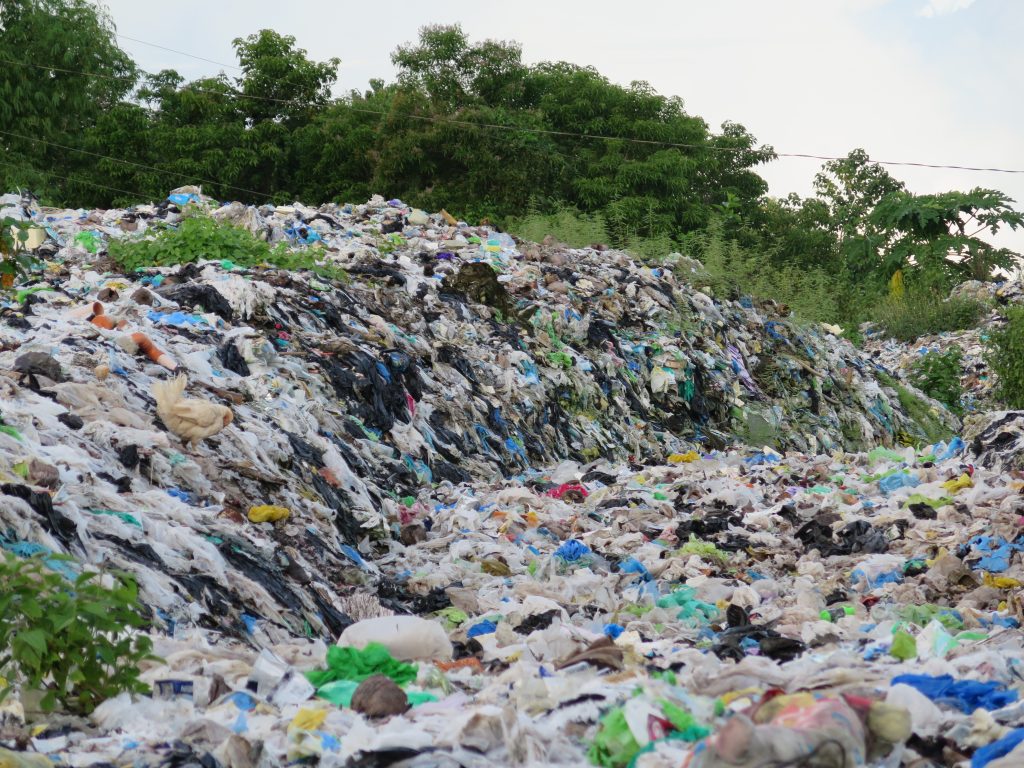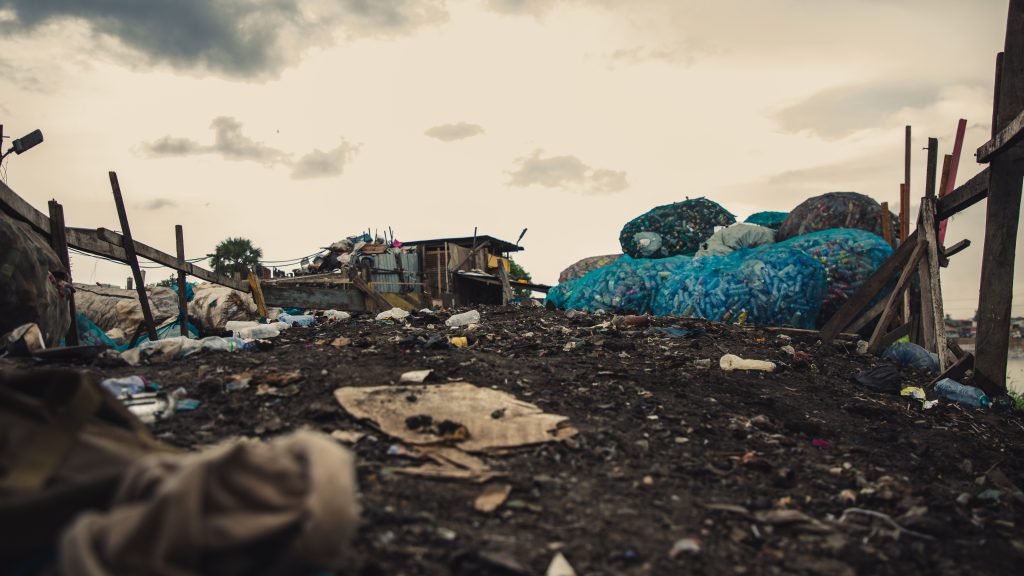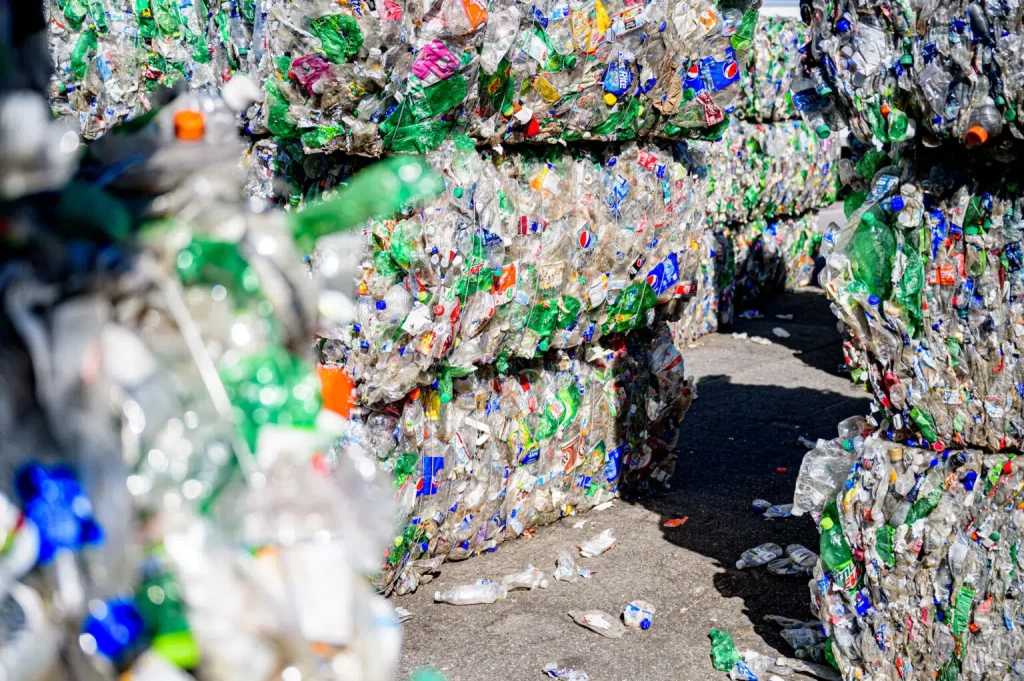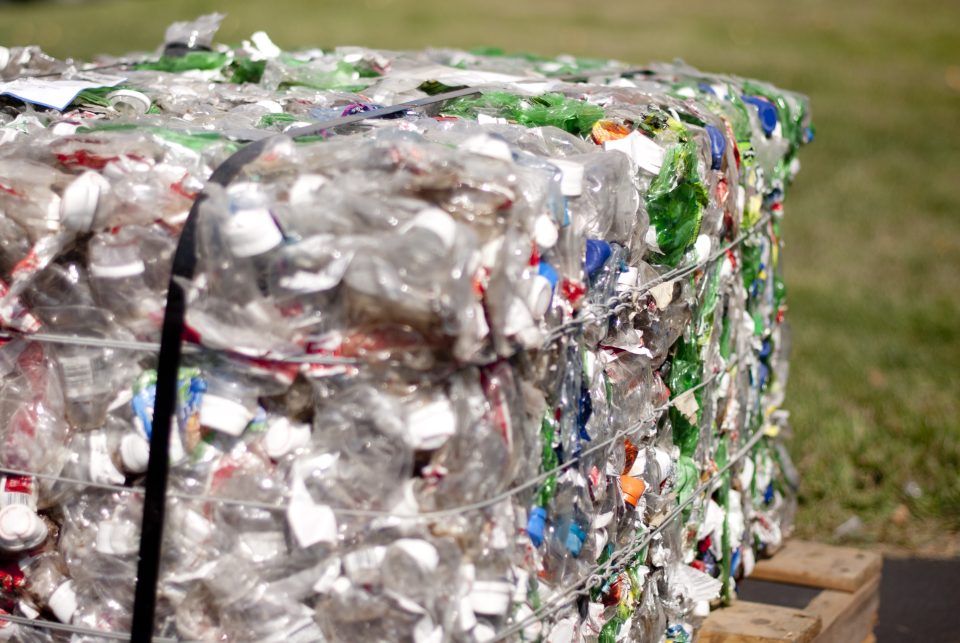In our modern world, where convenience often reigns supreme, the issue of plastic waste has reached a critical juncture.
With landfills overflowing and oceans choking on plastic debris, the need for effective recycling has never been more pressing.
Plastics, once hailed as revolutionary materials for their versatility and durability, have now become a symbol of environmental degradation. However, amidst the gloom of pollution, there lies a ray of hope – recycling.
Many countries, including Rwanda, Somalia and Kenya have adopted plans to sustain the environment, among which recycling holds prominence.
Ten months ago, AgroPlast, along with others were recognized for leading the charge in plastic recycling and collection in Rwanda.
Why is it so concerning?
Through his X account, the general secretary of United Nations, Mr. Antonio Guterres, on March 29, 2024 posted a reminder to minimize waste.
“Our planet is drowning under a torrent of trash. Overconsumption is killing us. Humanity needs an intervention. We must end the destructive cycle of waste, once and for all.” Antonio Guterres said.
That was one day before the International Day of Zero Waste, on March 30. The report of UN indicates a 2 billion solid waste produced by people every year. Among these, plastic bottles encompass the package.
As trash decays, it spews planet-warming greenhouse gases into our atmosphere, poisons our water and soil, and inflicts illness, disease and even death among people around the world.
The UN Environment has mentioned that globally, approximately one million plastic bottles are bought every minute, with up to five trillion plastic bags utilized annually. About half of all plastic manufactured is intended for disposable purposes, only serving a single use before being discarded.

Plastics, including microplastics, are now prevalent in our natural surroundings, integrating into the Earth’s fossil archive and serving as indicators of the Anthropocene epoch. They have also led to the formation of a novel marine microbial ecosystem known as the “plastisphere.”
Meanwhile, the 2024 stats by UNDP (United Nation Development Program) say that only a fraction of 9% of all plastic wastes is recycled.
Recycling plastics isn’t just a matter of environmental responsibility; it’s a crucial step towards safeguarding our planet for future generations. Every piece of plastic that is recycled is a piece that doesn’t end up in landfills or polluting our oceans. It’s a step towards conserving natural resources and reducing our carbon footprint.
But why is recycling plastics so imperative?
Firstly, let’s consider the sheer volume of plastic waste generated globally. According to recent estimates, over 300 million tons of plastic are produced each year, with a significant portion ending up as waste. Unlike organic materials, plastics do not decompose easily.
A plastic bottle tossed away today could persist in the environment for hundreds, if not thousands, of years. By recycling plastics, we can break this cycle of lasting pollution.

Moreover, recycling plastics conserves energy. It takes far less energy to recycle plastic than to produce it from raw materials.
For instance, recycling a single ton of plastic can save up to 1.5 tons of carbon dioxide emissions compared to producing new plastic, stats note.
This reduction in energy consumption not only helps mitigate climate change but also decreases our reliance on finite fossil fuels.
Furthermore, recycling plastics mitigates the need for virgin plastic production, which is heavily reliant on non-renewable resources like oil and gas.
By diverting plastic waste from landfills and incinerators, we reduce the demand for new plastic, thereby conserving valuable resources and protecting ecosystems vulnerable to extraction activities.

Additionally, recycling plastics stimulates the economy by creating jobs in the recycling and manufacturing sectors. According to the Environmental Protection Agency (EPA), recycling activities in the United States alone support over 750,000 jobs and generate billions of dollars in economic activity each year.
By investing in recycling infrastructure and innovation, we can further capitalize on the economic benefits of recycling while simultaneously addressing environmental challenges.
Niwegisubizo Charité Shalom is a Recycling Machine (Extruder) Operation Supervisor in Primeplast LDA a recycling factory based in Luanda-Angola. He is from Rwanda and has witnessed how paramount plastic recycling can be to humanity and environment.
“Recycling can reduce dependence on landfill, conserve resources and protect the environment from plastic pollution and greenhouse gas emissions. Benefits mostly to the plastic products low cost and job availability. Recycling should be a discipline the world has to enforce.” Charité Shalom noted.

However, despite the numerous benefits of recycling plastics, there are still significant barriers to overcome. Inadequate infrastructure, lack of consumer awareness, and limited market demand for recycled materials are just a few of the challenges that must be addressed.
“Consumers must think twice about the goods and products they purchase, and recycle or reuse wherever possible.” Secretary-General Guterres’s message for 2024.
Surely, the need to recycle plastics is undeniable. It’s not just about managing waste; it’s about reimagining our relationship with the environment and embracing a more sustainable future.
By embracing recycling as a fundamental principle of our society, we can turn the tide on plastic pollution and pave the way for a cleaner, greener planet for generations to come.


